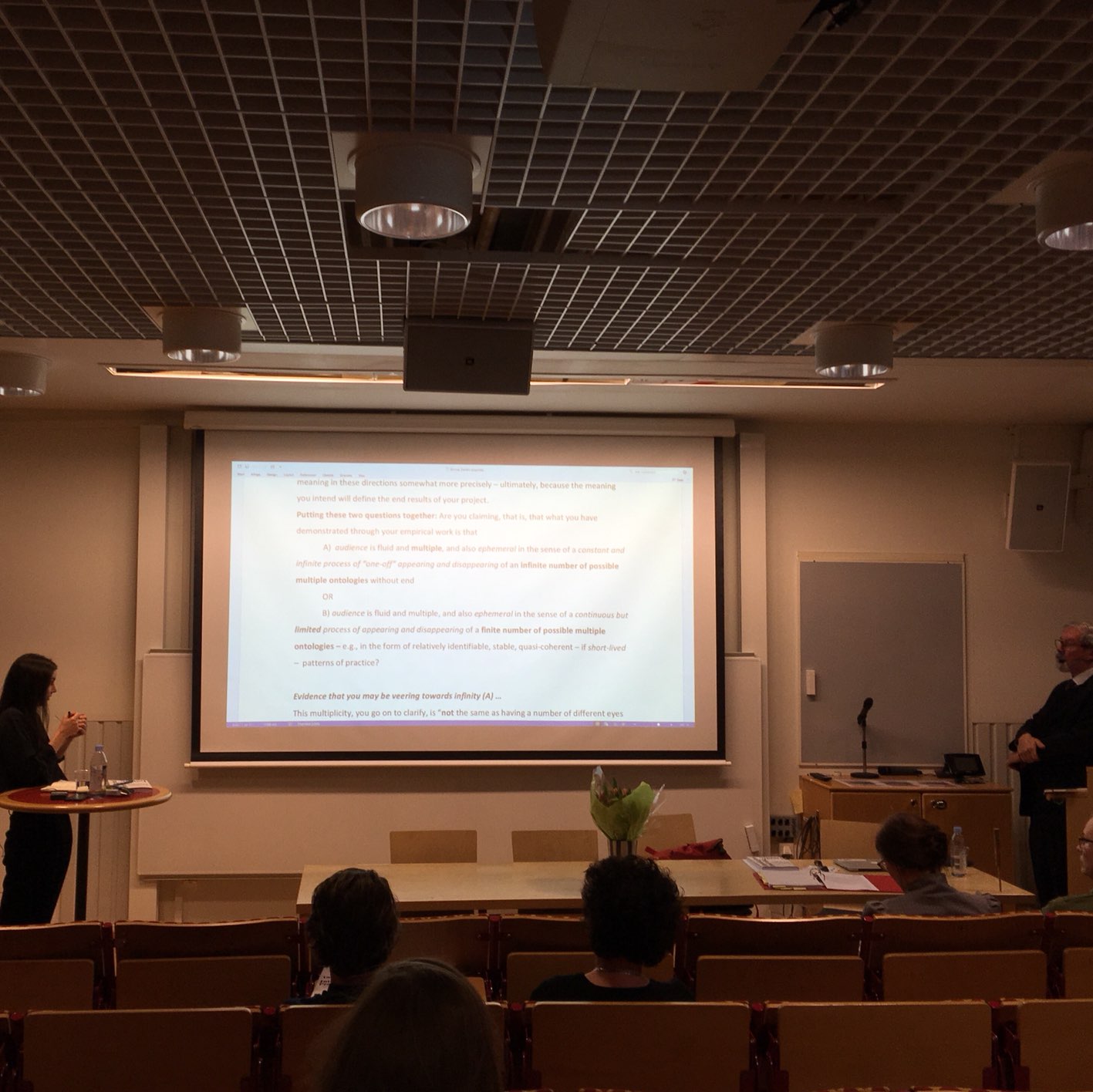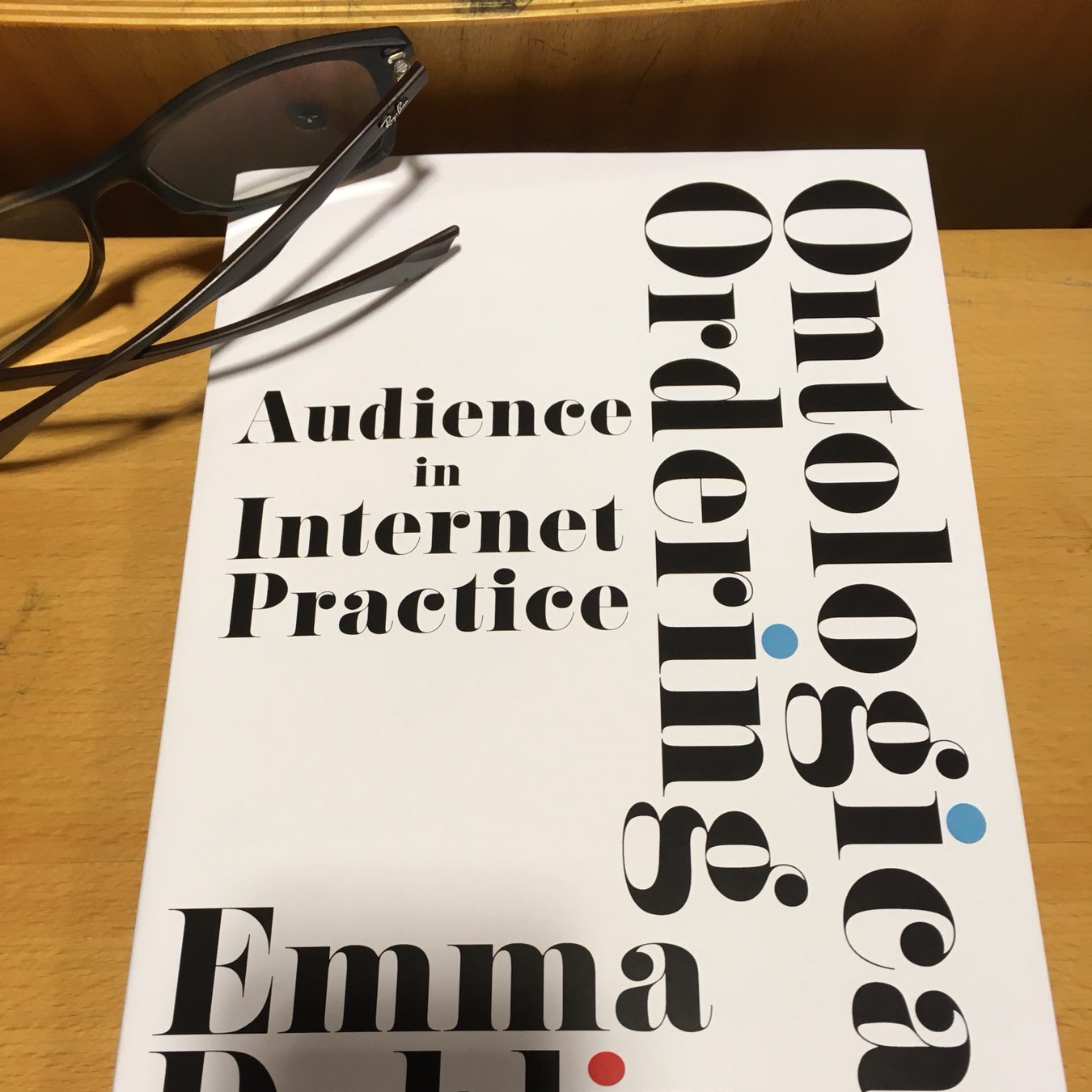/ in English
Phoenicia: An imaginary friend to nations in need of ancestors
“‘Phoenician’ was just a generic label invented by ancient Greek authors for the Levantine sailors they encountered in their own maritime explorations. Although some of these Greek writers entertain a mild stereotype of these Phoenicians as rather cunning or tricksy, they never use the term as a description of a distinct ethnocultural community. The historian Herodotus, for instance, talks frequently – and with considerable admiration – about the Phoenicians, but he never gives an ethnographic description of them as he does for other groups including the Egyptians, Ethiopians and Persians.
So Smith didn’t just get the Phoenicians wrong; he got them perfectly backwards. The Phoenicians don’t illustrate the ancient ethnic origins of modern nations, but rather the modern nationalist origins of at least one ancient ethnicity” (Josephine Quinn).
“Maybe it’s time to start thinking of tree as a verb, rather than a noun – tree-ing, or tree-ifying. It’s a strategy, a way of being, like swimming or flying, even though to our eyes it’s happening in very slow motion” (Rachel Ehrenberg).
Beyond the Bitcoin Bubble
“But what if the military had kept GPS out of the public domain? Presumably, sometime in the 1990s, a market signal would have gone out to the innovators of Silicon Valley and other tech hubs, suggesting that consumers were interested in establishing their exact geographic coordinates so that those locations could be projected onto digital maps. There would have been a few years of furious competition among rival companies, who would toss their own proprietary satellites into orbit and advance their own unique protocols, but eventually the market would have settled on one dominant model, given all the efficiencies that result from a single, common way of verifying location. Call that imaginary firm GeoBook. Initially, the embrace of GeoBook would have been a leap forward for consumers and other companies trying to build location awareness into their hardware and software. But slowly, a darker narrative would have emerged: a single private corporation, tracking the movements of billions of people around the planet, building an advertising behemoth based on our shifting locations. Any start-up trying to build a geo-aware application would have been vulnerable to the whims of mighty GeoBook. Appropriately angry polemics would have been written denouncing the public menace of this Big Brother in the sky” (Steven Johnson).
Dog days: Chinese New year
“The world’s largest annual migration of humans reaches its climax this week“.
Facebook’s motivations
“Facebook’s stated reasoning for this change only heightens these contradictions: if indeed Facebook as-is harms some users, fixing that is a good thing. And yet the same criticism becomes even more urgent: should the personal welfare of 2 billion people be Mark Zuckerberg’s personal responsibility?”
Is everything you think you know about depression wrong?
“If you are depressed and anxious, you are not a machine with malfunctioning parts. You are a human being with unmet needs. The only real way out of our epidemic of despair is for all of us, together, to begin to meet those human needs – for deep connection, to the things that really matter in life.”
Birdcage liners
“Both Twitter and Facebook’s selfish algorithms, optimized solely for increasing the number of hours I spend on their services, are kind of destroying civil society at the same time. Researchers also discovered that the algorithms served to divide up the world into partisan groups. So even though I was following hundreds of people on social networks, I noticed that the political pieces which I saw were nevertheless directionally aligned with my own political beliefs. But to be honest they were much… shriller. Every day the Twitter told me about something that The Other Side did that was Outrageous and Awful (or, at least, this was reported), and everyone was screeching in sync and self-organizing in a lynch mob, and I would have to click LIKE or RETWEET just to feel like I had done something about it, but I hadn’t actually done anything about it. I had just slacktivated.”














